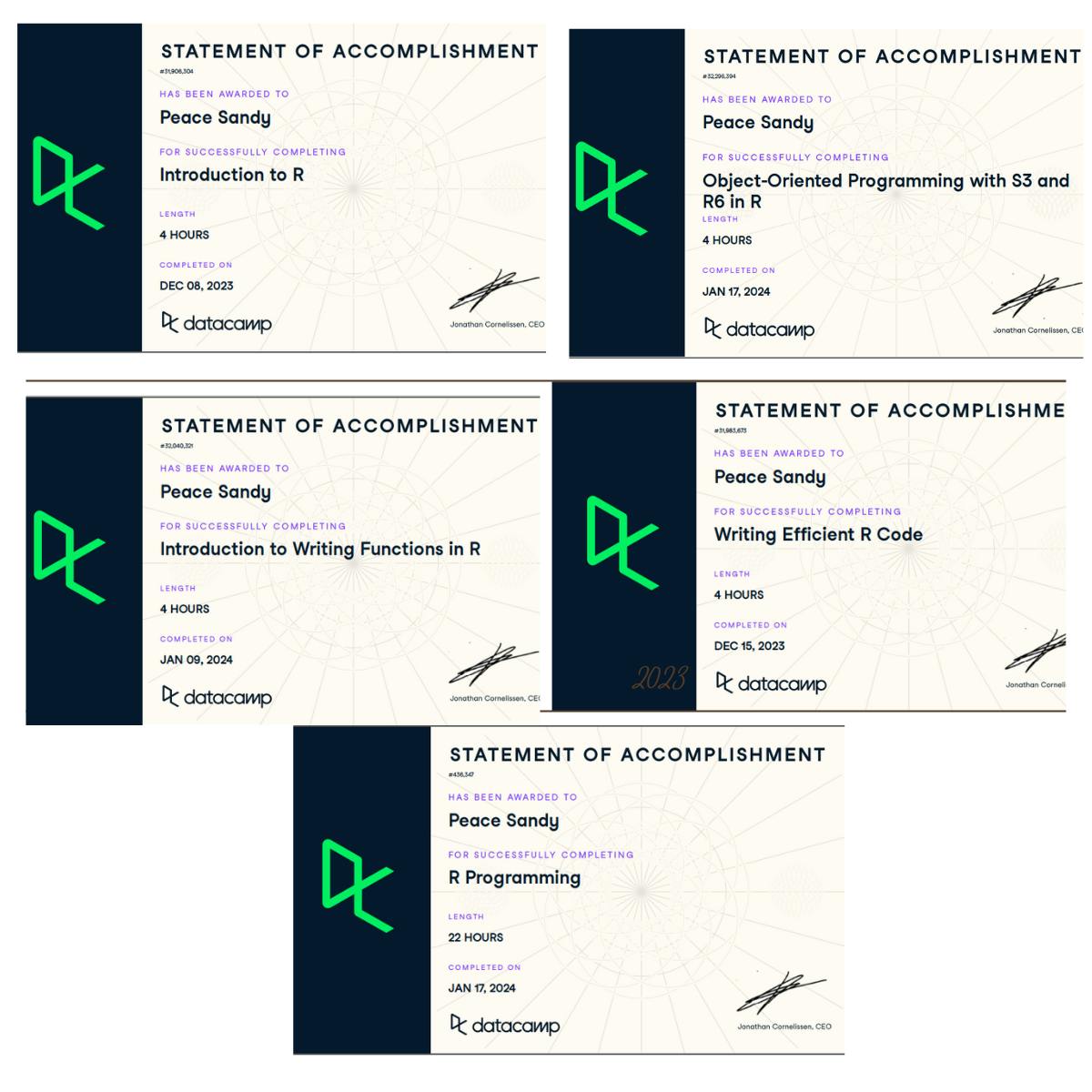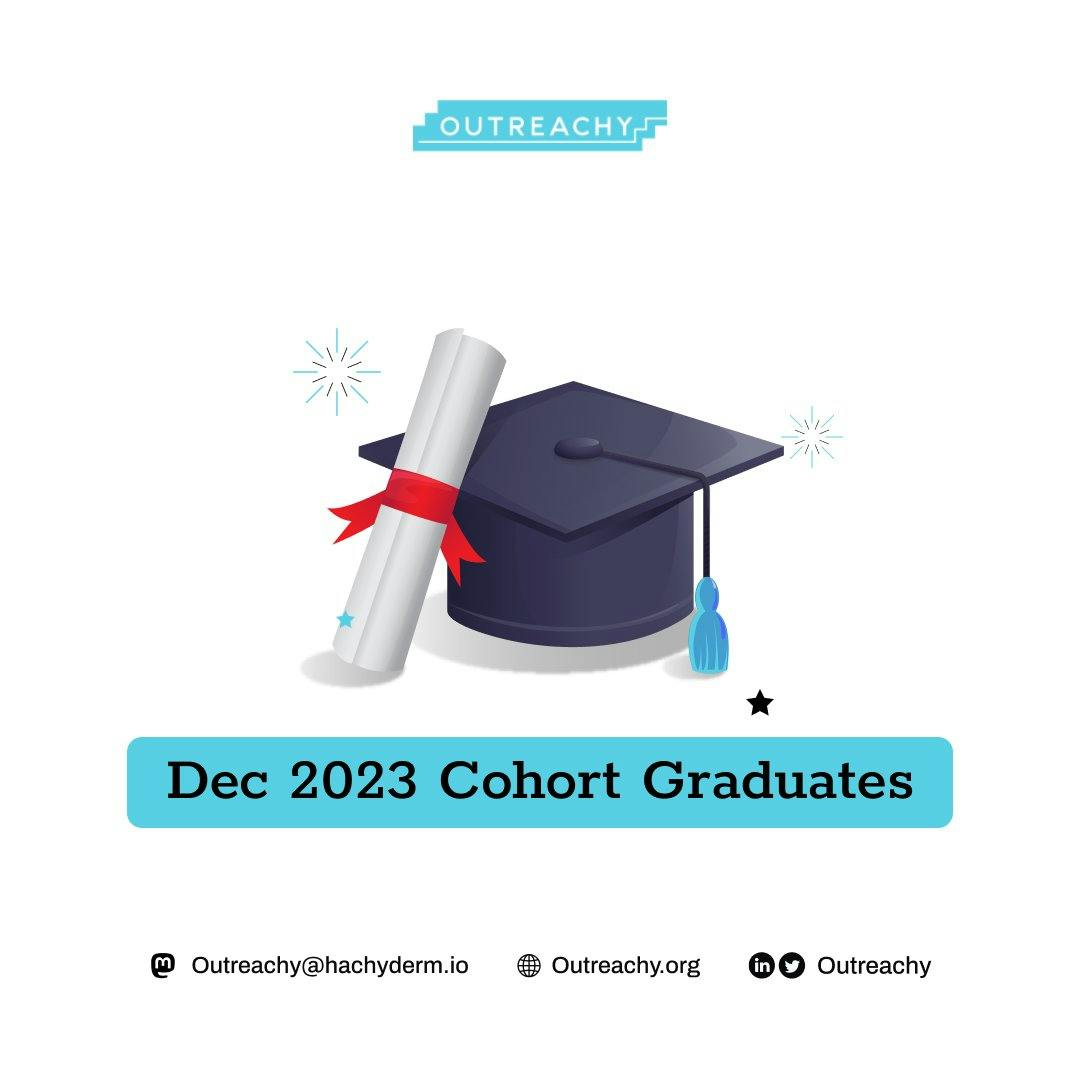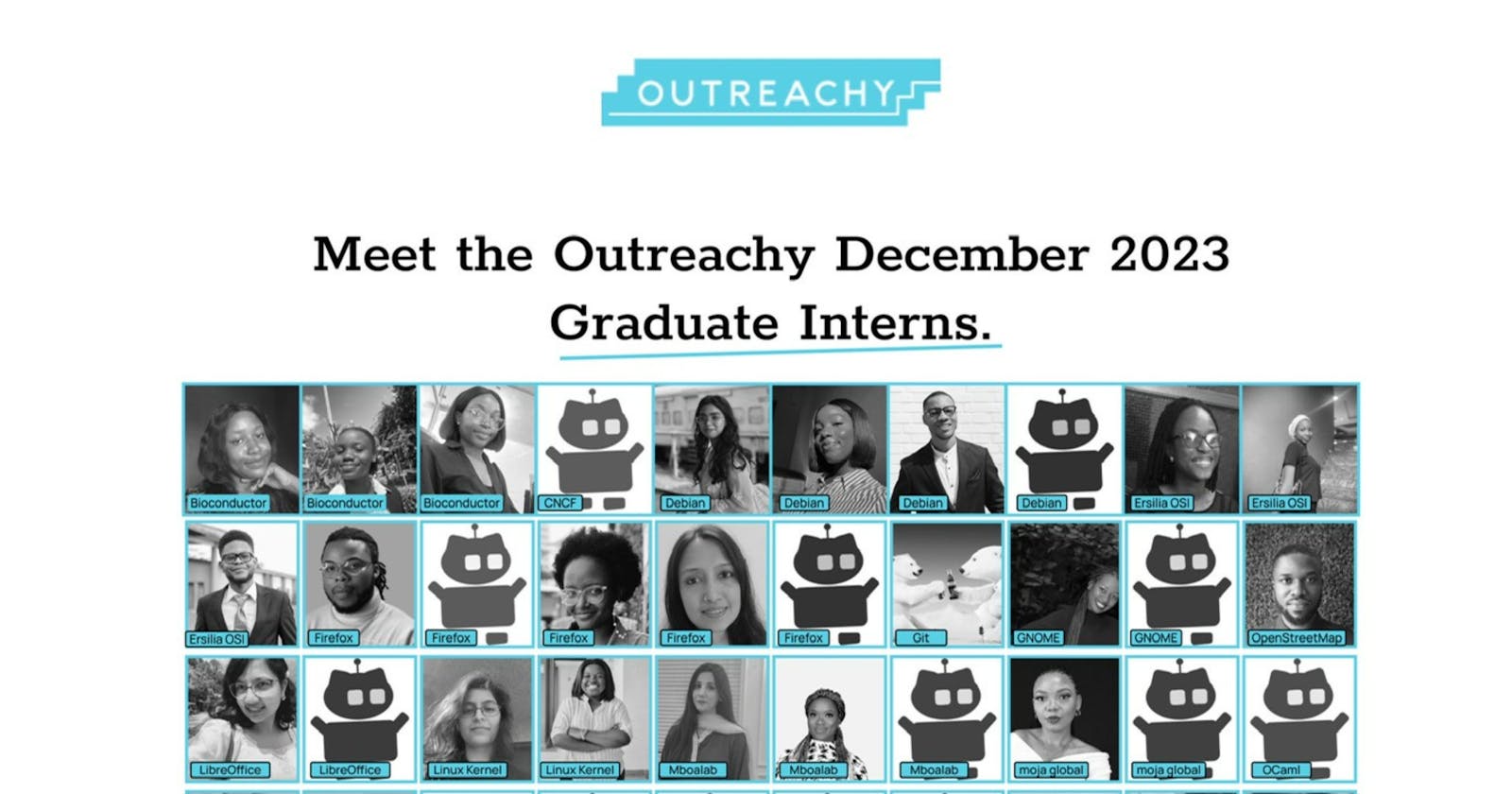Table of contents
Time flies when you're having fun, and there's no other way to describe it. I can't believe that my internship at Bioconductor has finally come to an end, but it was truly an awesome experience.
My Outreachy internship experience with Bioconductor while contributing to the microbiome study project has ended. I write this to share my learnings as I reflect on my journey. I must say that these past three months have been one of the most remarkable periods of my life.
Learning New Skills
My internship started quite well. My mentor, Prof. Levi Waldron, gave me some learning materials to upskill and learn. I started taking some courses on DataCamp to effectively and efficiently carry out my tasks. With time, I finished the R programming track on DataCamp and started practicing.

My mentor assigned me my first task, and I contributed to the WaldronLab package. I fixed a bug in thelefser issue, and I was super excited. The lefser is the R implementation of the LEfSe method for microbiome biomarker discovery. The original software is likely the most widely used method for biomarker discovery and plotting in microbiome studies. However, the original software is implemented in Python as a command-line tool and Galaxy module and is not straightforward to implement in R. The method involves Kruskal-Wallis test, Wilcoxon-Rank Sum test, and Linear Discriminant Analysis to find biomarkers in groups and sub-group blocks. lefser closely reproduces the original statistical method and the associated barplot of results.
I was genuinely happy when my pull request was merged; I felt like I won a jackpot

I sincerely want to thank and appreciate my mentor for taking the time to guide and mentor me excellently.
Improving Skills
I started writing unit tests in R to check the accuracy of my code while solving other problems. It was a huge milestone for me, showing that you can learn anything you want. My mentor and I had various debugging and learning sessions, which helped me improve my skills and build proficiency in R.
Furthermore, my presentation skills have greatly improved as I endeavor to deliver presentations during our weekly sync meetings. As an intern, I actively participated in the weekly sync calls, which occurred once a week. Within these sessions, I effectively communicated my progress and articulated challenging issues encountered during reviews. This has greatly improved my presentation and communication skills.
I've learned much about microbiome studies, and my research skills have improved significantly. I now understand many ontology terms, and my curation skills have excellently improved.
Feedbacks and Appreciation

I've had the most amazing 3 months, and it's quite difficult to say farewell to this internship. Though I fully accomplished my main internship objectives, I intend to continue volunteering and contributing to the microbiome study curation project.
So far, I have learned much more than I can imagine; I've interacted with people from multiple time zones and become a better open source contributor.
Most importantly, I got amazing feedback from my mentor, this meant a lot to me.

I want to thank my mentor, Prof. Levi Waldron, for his time and dedication, I'd also like to thank Svetlana Perovic and Chloe Mizirayi for always extending a hand of kindness towards me, reviewing my articles, and so much more. All my mentors were very supportive and kind throughout the internship period.
My co-interns and curators, Chioma Oyindo and Afuape Esther, were the best pair. Thank you for being great team players and for making collaboration easy.
I would also like to thank the Outreachy organizers for this amazing program.
I had an awesome experience as an Outreachy intern working on BugSigDB. If you would like to contribute to this project, check out my previous blog post on how to contribute to the microbiome study curation project.
I'd love to connect with you on Twitter | LinkedIn | GitHub
See you in my next blog article. Take care!!!
